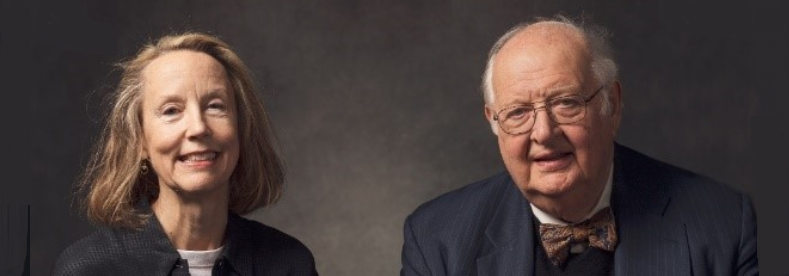
The epidemic Deaths of despair

Two eminent economists, Anne Case and Nobel Prize winner, Angus Deaton documents how the flaws in capitalism and the epidemic that is sweeping the US, taking the lives of America’s working-class on an unprecedented scale and threatening the future of the world’s biggest economy. This is not coronavirus but is likely to blow over with only a temporary hit to economic growth. The epidemic has been savaging America for two decades and so far, several hundred and thousands of lives have been lost to what the authors label the deaths of despair- death by suicide, accidental drug overdose or alcohol liver disease.
The rising suicide rates among the working-class Americans in the first decades of the 21st century and use the data to describe the problem before trying to diagnose understand and prescribe.
The victims of the new epidemic are white non-Hispanic middle-aged Americans without a degree-level education qualification a group that overwhelmingly voted for President Donald Trump in 2016. Over the past 25 years, deaths from suicide, drug, and alcohol abuse among this group have tripled resulting in mortality death rates for 45-54-year-old white Americans began to rise in 2000.
These deaths of despair have been rising only among Americans whose relative earnings and job prospects have plummeted sharply in recent decades.
The authors heap blame on the US healthcare system and in particular the decision to liberalise the prescription of opioid-based painkillers in the 1990s. It was the carelessness of doctors without a flawed approval process at the FDA, or without the pursuit of profits by the pharmaceutical industry at whatever human cost that led to the return of mass opioid addiction to America for the first time since the aftermath of the civil war. Universal health insurance and better regulation to control costs and drug availability is the answer.
Economics still doesn’t have the answer but Britain still has the NHS.
The black working Americans experienced a similar decline in relative economic prospects and community cohesion in the 1980s and decades later less-educated whites long protected by white privilege, were next in line.
More than half the white working-class Americans believe that discrimination against whites has become as big a problem as discrimination against blacks and other minorities.
The authors stress that capitalism remains the answer and that inequality is a by-product of economic incentives – “the problem is not that we live in an unequal society but that we live in an unfair society”.
Neither the rise in minimum wages nor weaker patent protection seems insufficient, none of the policy discussions even tries to address the cultural arguments about community cohesion.
The Deaths of Despair and the Future of Capitalism by Anne Case and Angus Deaton, Princeton £20, 312 pages.
